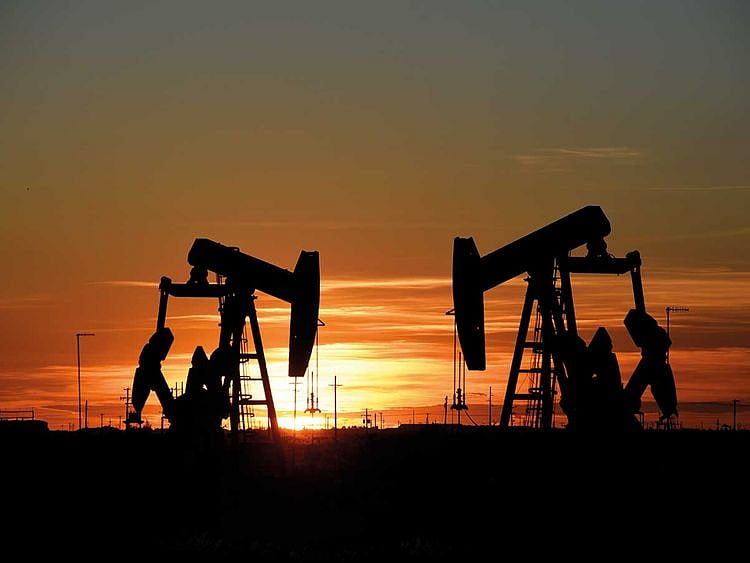London: Global oil demand growth will rebound strongly next year as China eases COVID lockdowns, the International Energy Agency (IEA) said on Wednesday, adding that an economic slowdown will pause growth only briefly at the end of this year.
The outlook preserves a relatively bullish view for robust growth next year despite economic headwinds, built on the expectation that China will get back to work while growth in air travel will boost jet fuel demand.
The IEA’s forecast of demand growth this year of 2 million barrels per day (bpd) is mostly concentrated in the first half of the year and is set to fall to nothing in the fourth quarter.
Offsetting the hit to demand by the economy, a switch from gas to oil for power generation will provide a 700,000 bpd boost in the last quarter of this year and the first of the next especially in Europe and the Middle East, the IEA said.
For 2023, growth is set for 2.1 million bpd mostly due to hopes of recovery in China.
Rich countries in the Organisation for Economic Cooperation and Development (OECD) accounted for most of the rise in demand this year, while countries outside the group especially China will underpin growth next year provided Beijing relaxes its COVID curbs.
“Non-OECD countries will cover three-quarters of 2023’s gains if China reopens as expected,” the IEA added.
Meanwhile Russian oil exports are set for a bumpy ride as the European Union plans to impose a ban on maritime services transporting it on December 5.
The ban will push Russian oil production down to 9.5 million bpd by February next year, the IEA said, a 1.9 million bpd drop compared to February 2022. A plan by G7 countries to cap Russian oil sales prices and not ban the trade may ease those losses.
Sign up for the Daily Briefing
Get the latest news and updates straight to your inbox
Network Links
GN StoreDownload our app
© Al Nisr Publishing LLC 2025. All rights reserved.
